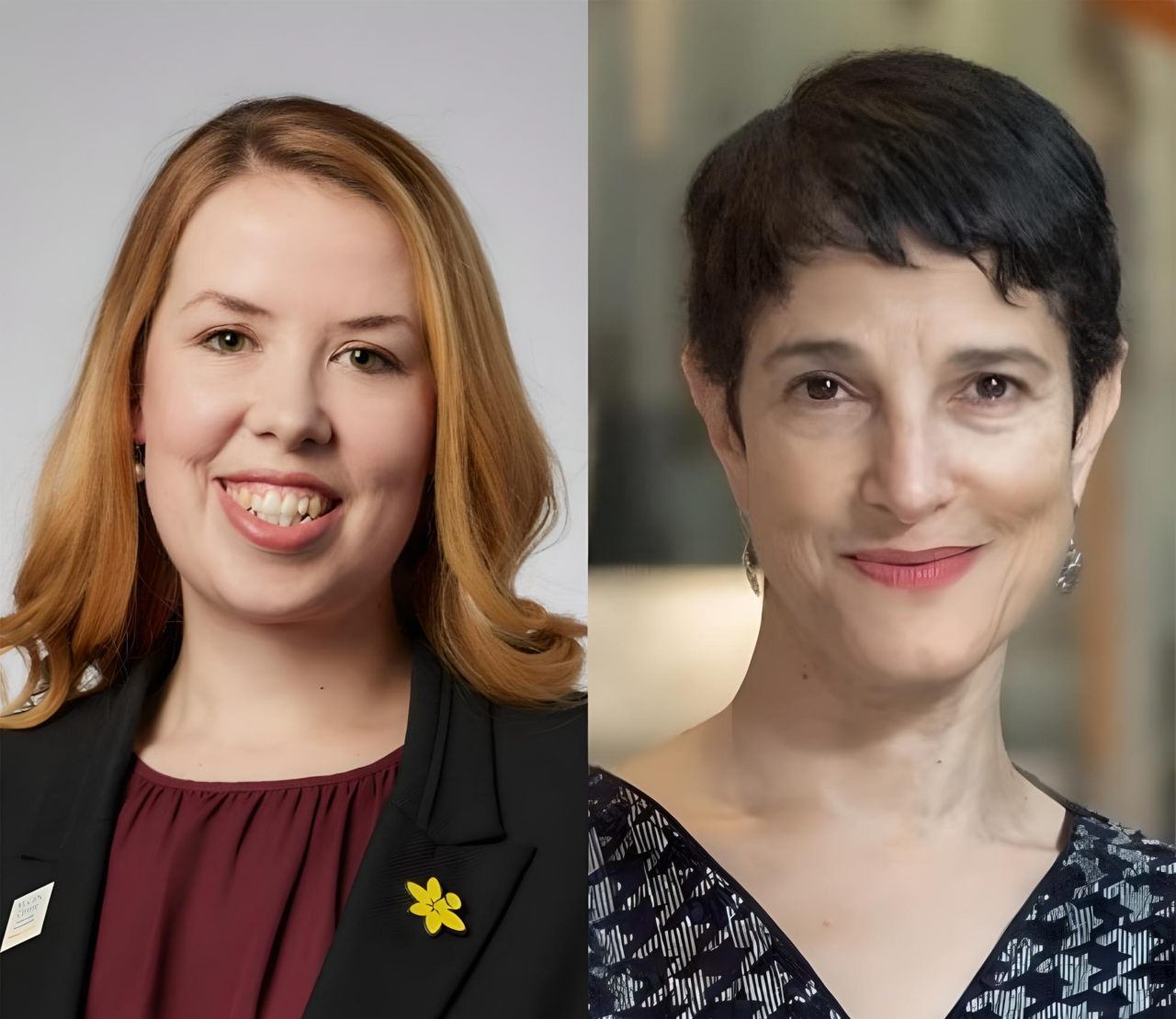Ophira Ginsburg, Senior Advisor for Clinical Research at the U.S. National Cancer Institute, recently shared a post by Hayley Jones on LinkedIn, adding:
“Thank you Hayley and colleagues at McCabe Centre for Law and Cancer for this incredible collaboration!
We all must learn about the way in which law influences- and it’s influenced by unequal power dynamics in regard to women and cancer.
Your brilliant commentary in The Lancet is a MUST READ”
Quoting Hayley Jones’s post:
“The Lancet Commission on Women, Power, and Cancer was launched this week, and it is essential reading for everyone committed to reducing inequalities in global health, aka saving lives and making them better!
Applying an intersectional feminist approach, the Commission provides a range of insights:
– Of the 2.3 million women who die prematurely from cancer each year, 1.5 million premature deaths could be averted through primary prevention or early detection strategies, while a further 800 000 deaths could be averted if all women everywhere could access optimal cancer care.
– Women are more likely to experience financial catastrophe due to cancer, with dire consequences for their families, even if quality cancer care is available.
– Patriarchy dominates cancer care, research, and policy-making. Globally, men are over-represented in leadership positions in hospitals, treatment centers, research institutes, editors-in-chief of cancer research journals, and lead authors of cancer research papers.
– Unpaid caregiving for people with cancer is largely undertaken by women. Caregiving represents substantial value to the economy and highlights the need to establish fair pay standards for cancer caregivers. New methods are needed to estimate the true value of this work.
Recommendations include:
– Develop, strengthen, and enforce laws and policies that reduce exposure to known cancer risks for women
– Co-create accessible and responsive health systems that provide respectful, quality cancer care for women
-Ensure equitable access to cancer research resources, leadership, and funding opportunities for women
The Commission’s work is thorough, practical, and impressive. Yet the most moving part is reading the panels with personal experiences of cancer from diverse women around the world, reflecting on how institutional racism, homophobia, poverty, war, and family obligations have impacted them.
Congratulations and thanks to the Commission’s leaders including Ophira Ginsburg, Isabelle Soerjomataram, Verna Vanderpuye, Miriam Mutebi, MD, MSc,FACS Ann Marie Beddow, Freddie Bray, Nirmala Bhoo Pathy, et al.
I am proud to have acted as an Advisor to the Commission and for the opportunity for the McCabe Centre for Law and Cancer team to provide input. Special thanks to Sondra Davoren who was lead author for our Commentary responding to the Commission’s report.
Like Sally, let’s turn our anger into action!
You can read the full report here.
Our commentary is available here.
The Commission’s website is here.”
Sources: Ophira Ginsburg/LinkedIn and Hayley Jones/LinkedIn
Ophira Ginsburg is a Canadian medical oncologist, humanitarian, and global cancer advocate. Currently, she is the Senior Scientific Officer and Senior Advisor for Clinical Research at the US NCI’s Center for Global Health. Formerly based at the University of Toronto, Canada, she was a Medical Officer at the World Health Organization (WHO) Headquarters in Geneva, Switzerland, and has served as an ad hoc consultant to several UN agencies. She is the co-chair of The Lancet Commission on Women and Cancer. In 2022, Dr. Ginsburg won the American Society of Clinical Oncology’s Humanitarian Award.


